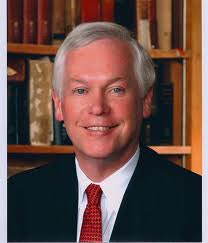
They pick up on popular rhetoric now baked into the American psyche. Americans think that college costs too much. Higher education leadership can argue the difference between cost and sticker price, emphasize the value of the liberal arts education and plead with alumni as new fundraising targets now top $5 billion at some places. The problem is that — in the end — it doesn’t matter much anymore.
It’s hard to make a good argument if no one is listening.
In a post-recessionary world, key aspects of American higher education likely will remain unchanged. Elite colleges will attract more students than they need. They will shepherd resources and adapt just enough to continue what they’ve always done. It will be perhaps decades before their leadership recognizes that their stalwart defense of the status quo has made them irrelevant except as country club training grounds for the talented and sometimes wealthy. Their poorer brethren will scramble to find students, locate resources and emulate what richer schools accomplish. Wherever they are in the pecking order, however, most colleges will largely fail in their efforts.
American families will vote with their feet or through their pocketbook. Nearly 50 percent of the students are already in two-year institutions, increasingly by choice rather than because of cash flow. For-profits, fueled by consumer demand and supported historically through federal grants, have also taken a bite out of the potential student admission pool. And then there are MOOCs, whose proponents promise an egalitarian framework, ease-of-use and a brand-name certification.
It’s impossible to determine precisely how all of these changes will play out. What we can say with considerable confidence is that there will be winners and losers. American higher education now has a problem from which its proponents can hide but no longer run.
If quality — built on resourcefulness and adaptability — characterizes the history of American higher education, then the most critical intersection in the future will be the point at which people, programs and facilities come together.




















